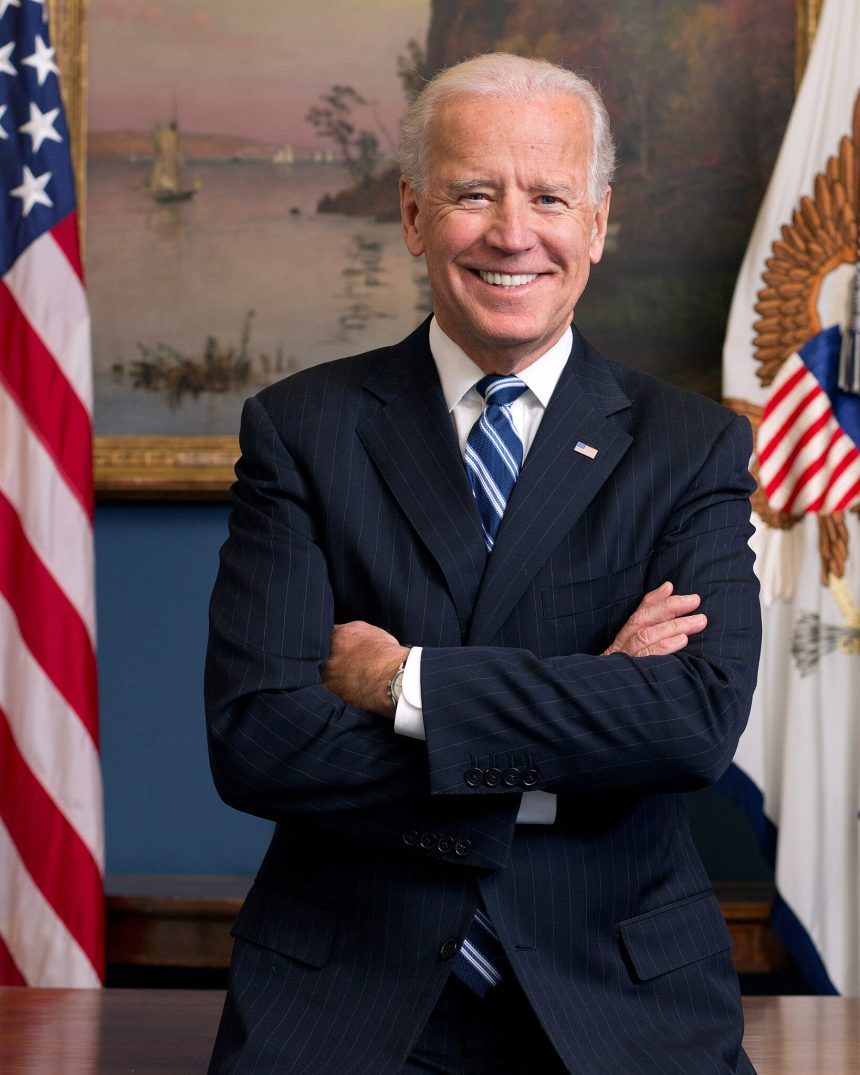Former U.S. President Joe Biden, aged 82, has started a course of radiation therapy alongside hormone treatment as part of the evolving plan to manage his prostate cancer diagnosis, his office confirmed on Saturday.
Biden’s cancer journey first became public in May 2025, when his post-presidential medical announcements revealed that he had been diagnosed with an aggressive prostate cancer that had already metastasized to his bones.
His cancer was graded with a Gleason score of 9 (Grade Group 5), a classification reserved for highly abnormal and fast-growing prostate tumors.
The earlier phase of his care involved hormone therapy, which suppresses testosterone (a hormone that can fuel prostate cancer growth). With this new phase, radiation therapy will target localized or residual disease to reduce tumor burden.
A spokesperson commented: “As part of a treatment plan for prostate cancer, President Biden is currently undergoing radiation therapy and hormone treatment.”
Biden also underwent Mohs surgery in September to remove skin cancer lesions from his forehead. That procedure was successful and unrelated to his prostate cancer therapy.
A Gleason score of 9 places Biden’s prostate cancer among the high-risk group, indicating aggressive behavior and a higher probability of recurrence. Yet, the fact that his cancer is hormone-sensitive provides a therapeutic advantage: such cancers are more responsive to treatments that limit or block hormonal stimulation.
Radiation therapy, especially when combined with hormonal treatment, is a standard modality in managing advanced (but not widespread) prostate cancers. The hope is that the combined approach will control disease progression, relieve symptoms, and preserve quality of life.
However, once prostate cancer has spread to the bones (metastasized), it becomes more challenging to treat comprehensively. The goal shifts more toward disease management rather than cure.
News of Biden’s therapy has prompted an outpouring of support and concern:
Many Americans and political figures have expressed solidarity, recognizing the former president’s vulnerability while emphasizing dignity in illness.
Media coverage has focused not only on the medical specifics but also on larger themes aging, legacy, transparency in public life, and health privacy.
Commentators are watching closely: any side effects, changes in public appearances, or deviations from projected timelines may fuel further scrutiny of his health.
Some also raised questions about screening practices. His office acknowledged that Biden had not undergone a prostate-specific antigen (PSA) test since 2014, meaning that the cancer had been undetected for a long period.
In May, when the diagnosis was first revealed, Biden addressed the public, saying, “The prognosis is good… It’s moving along, and I feel good.”
Treatment updates and tolerance: Regular medical reports will likely disclose Biden’s response to radiation, his ability to manage side effects, and whether supplementary therapies are needed.
Symptom management and quality of life: Radiation and hormone therapy can bring side effects urinary irritation, fatigue, gastrointestinal discomfort. How well these are mitigated will shape public perception.
Next lines of treatment: If the disease proves resistant, options may include advanced hormonal agents, immunotherapy, bone-targeting therapies, or chemotherapy.
Legacy implications: As a former president, Biden’s health is tied to public narrative. This phase of his life could influence discourse on cancer awareness, aging, and presidential health transparency.
Comparative health for older adults: Given Biden’s age, this case may resonate with many older Americans facing similar health risks. Observers may draw lessons around early detection, screening, and compromise in treatment decisions.








